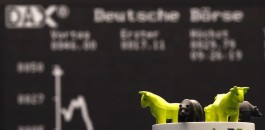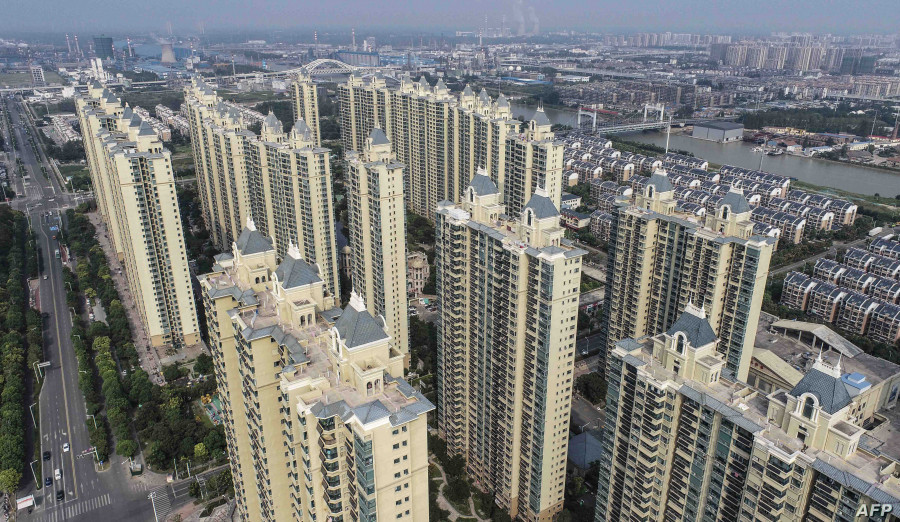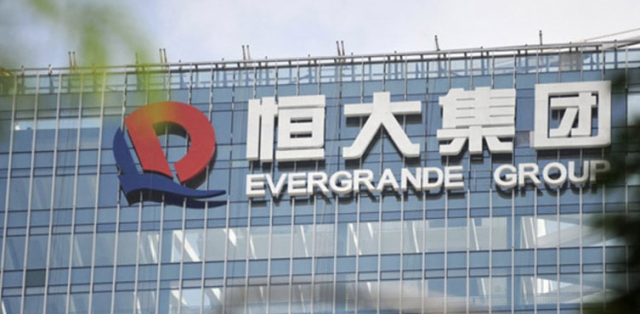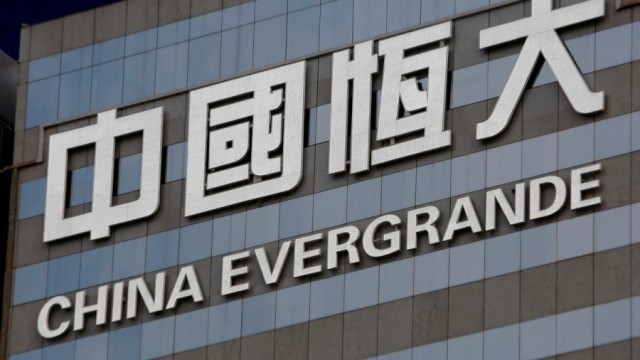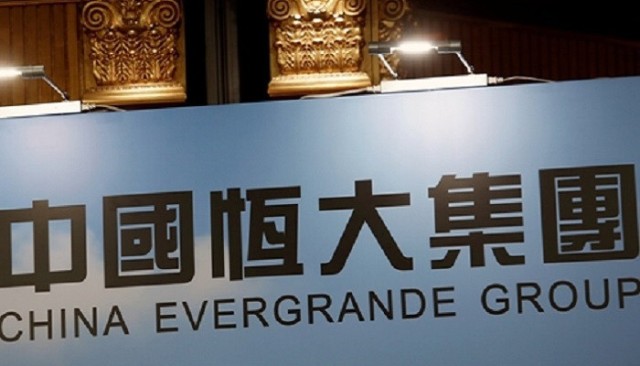China's Sunshine 100 real estate developer has defaulted on major maturing bonds, citing liquidity problems as the authorities crack down on the debt-laden sector.
According to Arab Net, the Chinese real estate sector, which is a major driver of growth in the world's second largest economy, has declined in recent months after Beijing tightened property ownership laws and launched a regulatory attack on speculation.
The moves have caused difficulties for a number of major real estate developers, notably Evergrande, the country's second-largest real estate developer, which has saddled it with billions of dollars in debt.
On Monday, Hong Kong-listed Sunshine 100 China Holdings said it missed a Sunday deadline to pay $179 million in principal and interest on a 10.5% bond.
The default came as a result of liquidity problems caused by the adverse repercussions of a number of factors, including the macroeconomic environment and the real estate sector, the company said in a note to the stock exchange.
The Sunshine 100 has had repeated debt difficulties this year and defaulted on bonds in August.
According to data compiled by Bloomberg, the company owes $385 million in cash.
The Evergrande, mired in $300 billion in debt, has avoided default so far, but it has dollar bond coupons totaling $82.5 million that it must repay on Monday, when the 30-day grace period expires, according to Bloomberg. >
On Friday, Evergrande founder Xu Jiayin was summoned by officials, after the company published a statement warning that its funds may not be enough to continue to meet its financial obligations.
The Guangdong provincial government later reported that it would send a task force to Evergrande to oversee and encourage corporate risk management.
The shares of the giant real estate group fell more than 12% with the start of trading on Monday morning.
Competitor group CAISA announced last week that it had failed in a debt swap attempt that would have helped it buy time to pay off some of its bonds.





















